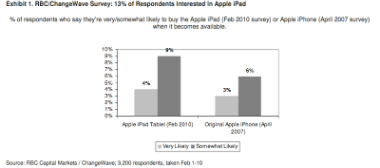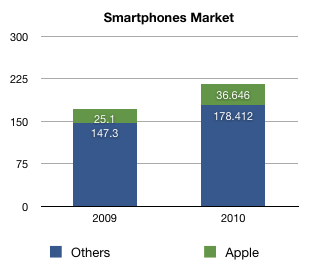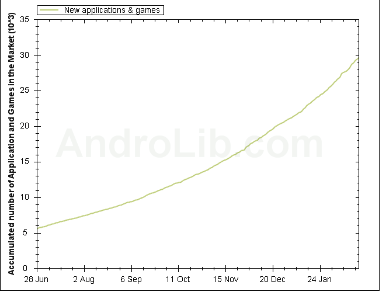From the GSMA Mobile World Congress 2009 (one year ago):
Kallasvuo used Apple and its “closed” ecosystem as an example of what could limit innovation in the mobile market in the future. He said Apple’s vertically integrated model, where its hardware and software are tightly controlled by the company, further fragmented the market. And he added that what is truly needed is more openness in developing applications.
Yes, prior to the iPhone innovation was zipping along rapidly, but now it’s stuck because the iPhone is closed. The iPhone is hindering innovation because it’s highly integrated.
Ballmer argued that device openness was important to give customers more choices. And he pointed to the number of choices that Windows Mobile customers have when choosing a device.
We’d all have more choices if we’d all choose Windows Mobile.
Fast-forward one year and Microsoft decides to offer more choice by adding a new operating system (in parallel to its existing OS) and Nokia decides to solve fragmentation by launching a new platform called MeeGo (in parallel to Symbian).





